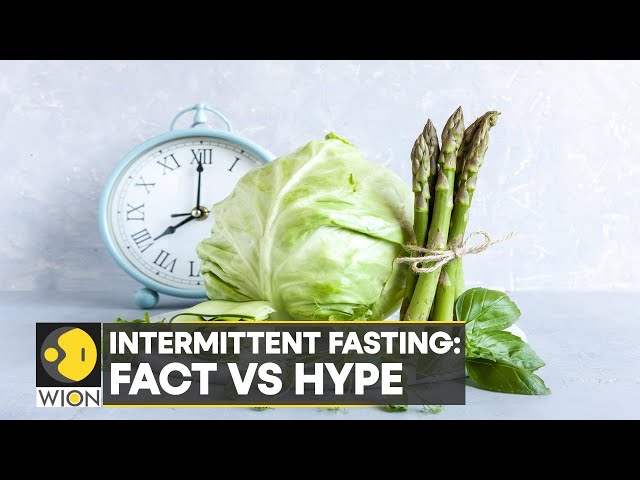
Imagine shedding pounds effortlessly while enjoying your favorite meals within a limited time window. Intermittent fasting (IF) is emerging as a favored method among those seeking to lose weight and enhance their overall health. But could you really lose up to 4.4 pounds in just a month using this technique?
Intermittent fasting is not about restricting calorie intake at every meal; rather, it’s a pattern of alternating between periods of fasting and eating. Research suggests that individuals practicing intermittent fasting might experience similar, if not more significant, benefits compared to traditional calorie-restriction diets. According to a systematic review, individuals can expect a weight loss ranging from 2.8 to 4.4 pounds over one month.
Dr. Michael Mosley, a prominent advocate for intermittent fasting, highlights a straightforward method known as the 16:8 approach. "This involves an eating window of eight hours followed by a 16-hour fasting period. Many find it manageable and even enjoyable," he says. The flexibility of this method allows individuals to plan their meals without significant lifestyle changes.
So, what does the research reveal? A small study conducted in 2018 involving participants with obesity showed that those adhering to the 16:8 plan for six weeks experienced almost a 3% reduction in body weight compared to their initial weight. These results align with findings from recent analyses indicating that intermittent fasting not only aids in weight loss but also functions similarly to calorie restriction.
Every individual’s journey with intermittent fasting may vary, and numerous approaches exist to cater to different lifestyles. Alternate-day fasting, for instance, allows individuals to alternate between fasting days and non-fasting days. This variation has shown comparable effectiveness to traditional low-calorie diets in promoting weight loss.
In 2024, a comprehensive review of various intermittent fasting methods emphasized the success rates across different techniques. The research concluded, "Alternate day fasting and the 5:2 diet yielded weight loss reductions between 1% to 13%." This variability underlines the flexibility inherent in intermittent fasting, making it a potentially convenient option for many.
However, simply following an intermittent fasting regimen may not guarantee weight loss. It’s crucial to consider meal quality during the eating windows. Poor food choices can hinder progress significantly. Nutritionist Sarah Taylor advises, "Focus on balanced meals rich in fruits, vegetables, whole grains, and lean proteins to maximize the benefits of your fasting schedule."
Many people wonder why they may not see immediate results. Common reasons for lacking weight loss include overeating during eating periods and not consuming nutrient-dense foods. As registered dietitian Clara Johnson points out, "It’s essential to focus not only on when you eat but also on what you eat. Fasting presents an opportunity to establish healthier eating habits and mindfulness."
The benefits of intermittent fasting extend beyond just weight loss. Studies have suggested positive impacts on blood sugar control, heart health, and even brain function. For those struggling with conditions such as type 2 diabetes, intermittent fasting can provide additional health benefits. An NIH report revealed that individuals with diabetes who utilized daily fasting periods observed more significant weight loss compared to traditional calorie restriction approaches.
But is intermittent fasting suitable for everyone? While many find success, others may experience side effects or may not enjoy the structured eating pattern. It’s vital to listen to your body and consult healthcare professionals to assess whether this weight loss strategy aligns with your health goals. Many experts recommend starting gradually, perhaps with a simple 12-hour fast, before progressing to more extended fasting intervals.
In summary, the quest for weight loss may find a new ally in intermittent fasting, revealing substantial weight loss potential combined with health benefits. As research continues to build on the effectiveness of this approach, the potential to lose up to 4.4 pounds in a month adds another compelling reason to consider intermittent fasting. The combination of flexibility and effective results makes it a worthy competitor in the ever-evolving landscape of dieting and weight management.
Is intermittent fasting the magical solution for weight loss? The evidence suggests it might just be a significant step in the right direction, fostering not only weight loss but potentially a healthier lifestyle overall.







